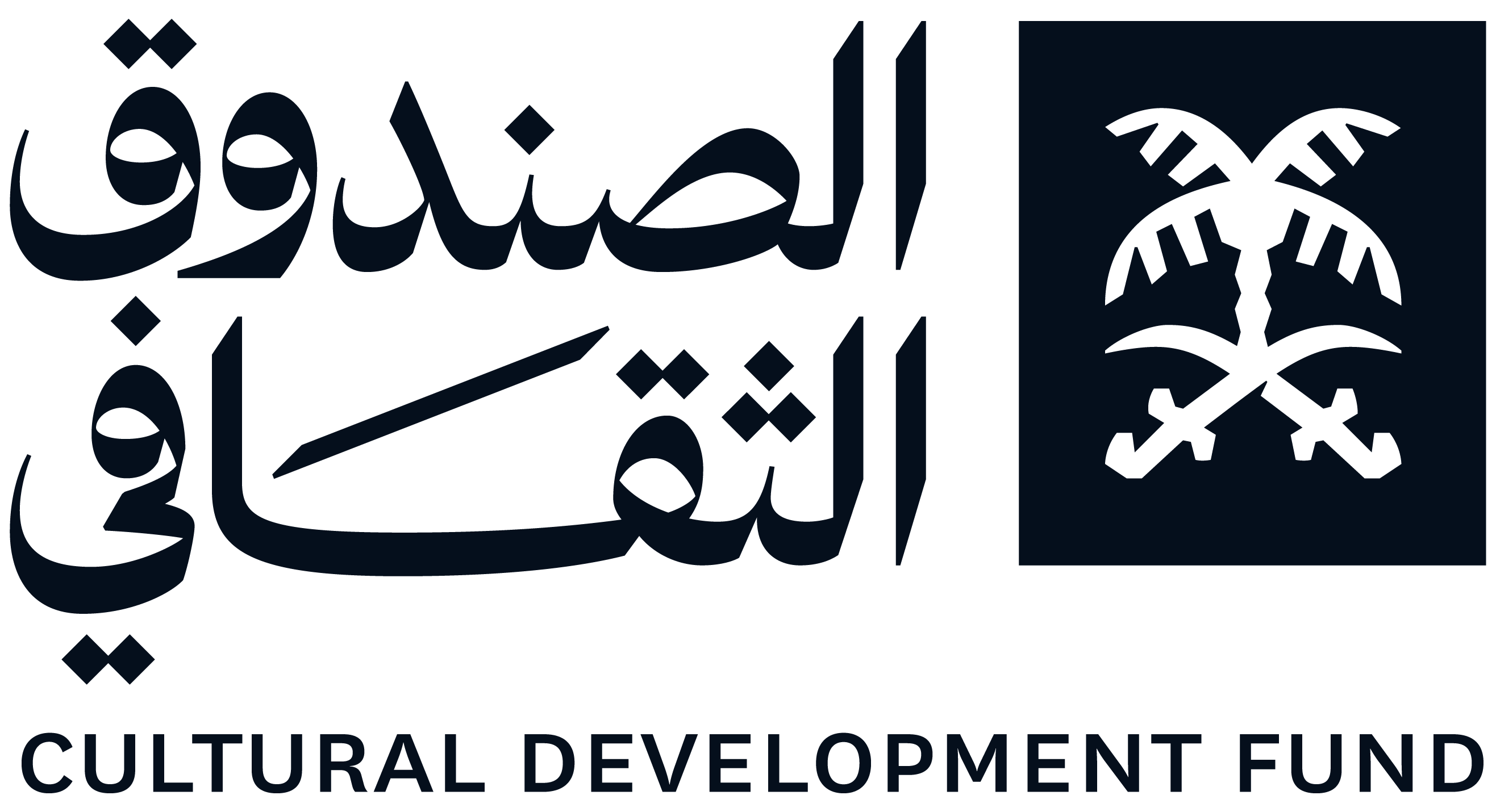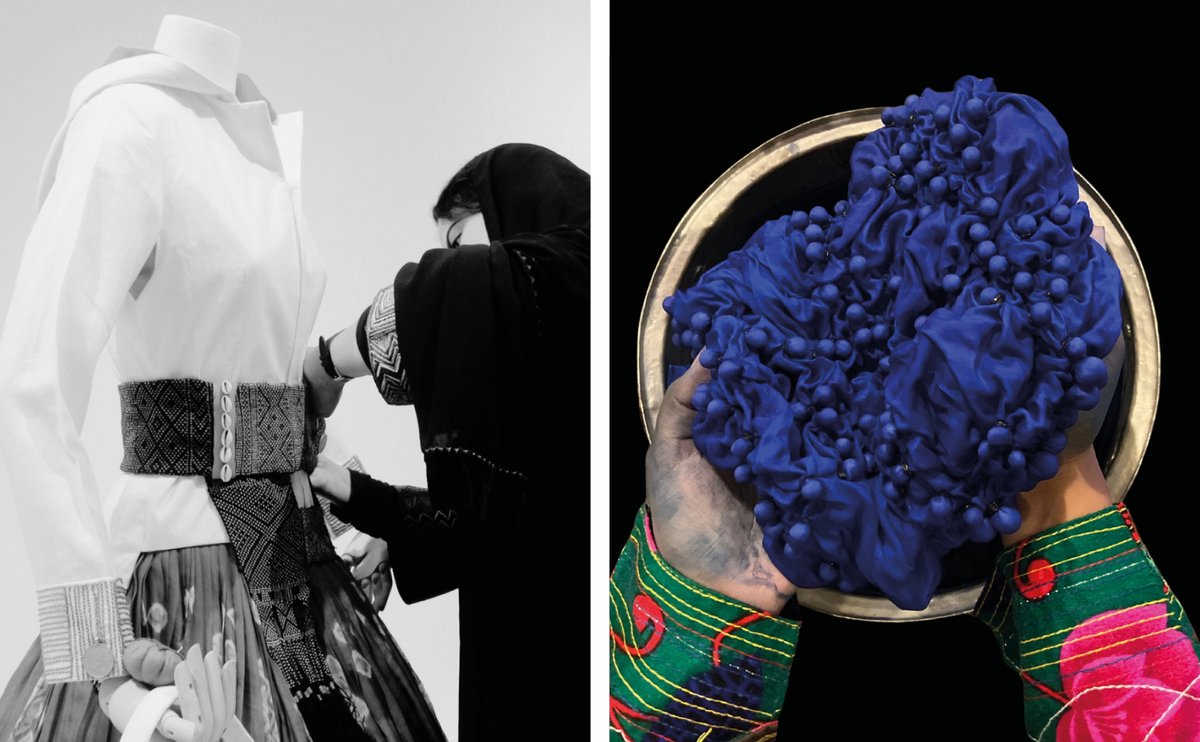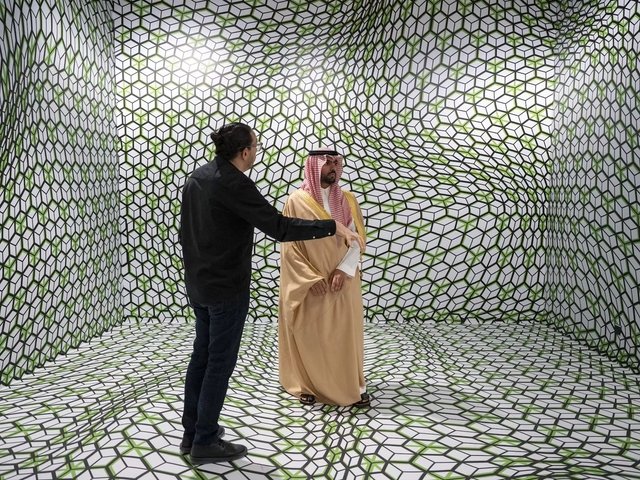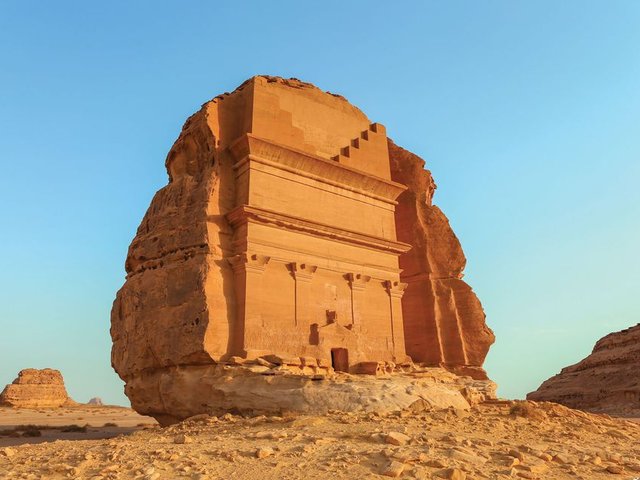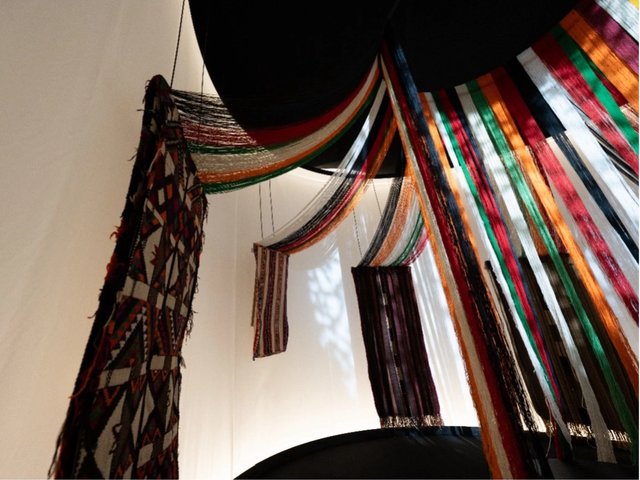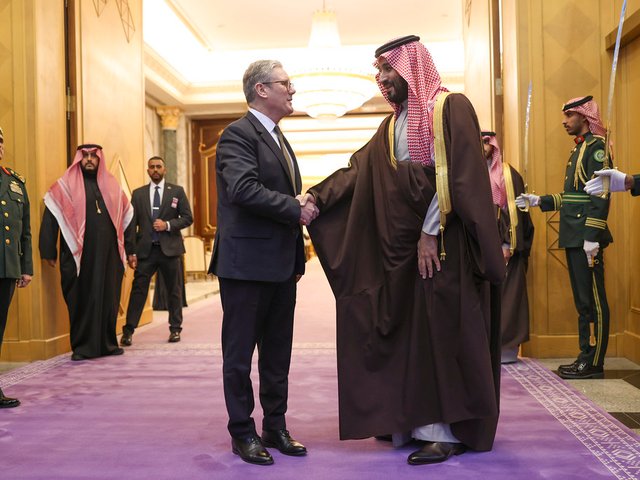The popularity and recognition of craft has soared in the past decade. At 2024’s Venice Biennale—generally considered a barometer of the contemporary art world—there was a proliferation of handicrafts, particularly textiles, on show. “These works reveal an interest in craft, tradition and the handmade, and in techniques that were at times considered other or foreign, outsider or strange in the larger field of fine arts,” said Adriano Pedrosa, the exhibition’s curator.
The Unesco adoption of the Convention for the Safeguarding of the Intangible Cultural Heritage in 2003, for which traditional handicrafts is a part, was a positive first step towards preservation of crafts around the world. But the revival of handmade items is also a response to industrialisation, mass production and throw-away culture. More and more, people are choosing to surround themselves with objects that are authentic sustainable, and that directly support small businesses or individual makers. The size of the market is large and growing strongly worldwide-—for example the World Crafts Council Europe estimates the size of the European market alone at €50 billion ($58m).
Countries that have rich histories of craft are maximising this momentum by supporting and promoting their artisans. One example is Saudi Arabia, which designated 2025 as the Year of Handicrafts, which has included putting on exhibitions, festivals and workshops across the country. Saudi traditional crafts have already been added to Unesco’s list of Intangible Cultural Heritage, including the Al Sadu weaving technique of the Bedouin women, and Al-Qatt Al-Asiri, the colourful interior wall decorations distinctive to the Asir region in the south-west of the country.
The state-run Cultural Development Fund (CDF), Saudi Arabia’s key financial enabler of the cultural sector, was established to drive sustainable economic growth across the Kingdom’s sub-cultural sectors. It launched the Nama’ Accelerators this year to boost the growth of cultural businesses in the country and the first track is focused on handicrafts— the annual market value of the handicrafts and artisanal industries in the country is currently estimated as SAR 1.5 billion ($400m). The accelerators reflect Saudi Arabia’s focus on developing the cultural and creative economy, industries that play a vital role in diversifying the national economy as part of Saudi Vision 2030, while also enhancing quality of life and strengthening national identity.
“Saudi artisans are navigating a transformative moment,” says a spokesperson for CDF. “With initiatives and enablers providing funding, training and market access, small businesses and heritage skills are evolving into sustainable careers. The 2025 Year of Handicrafts marks a turning point, showcasing how cultural heritage can fuel economic empowerment.”
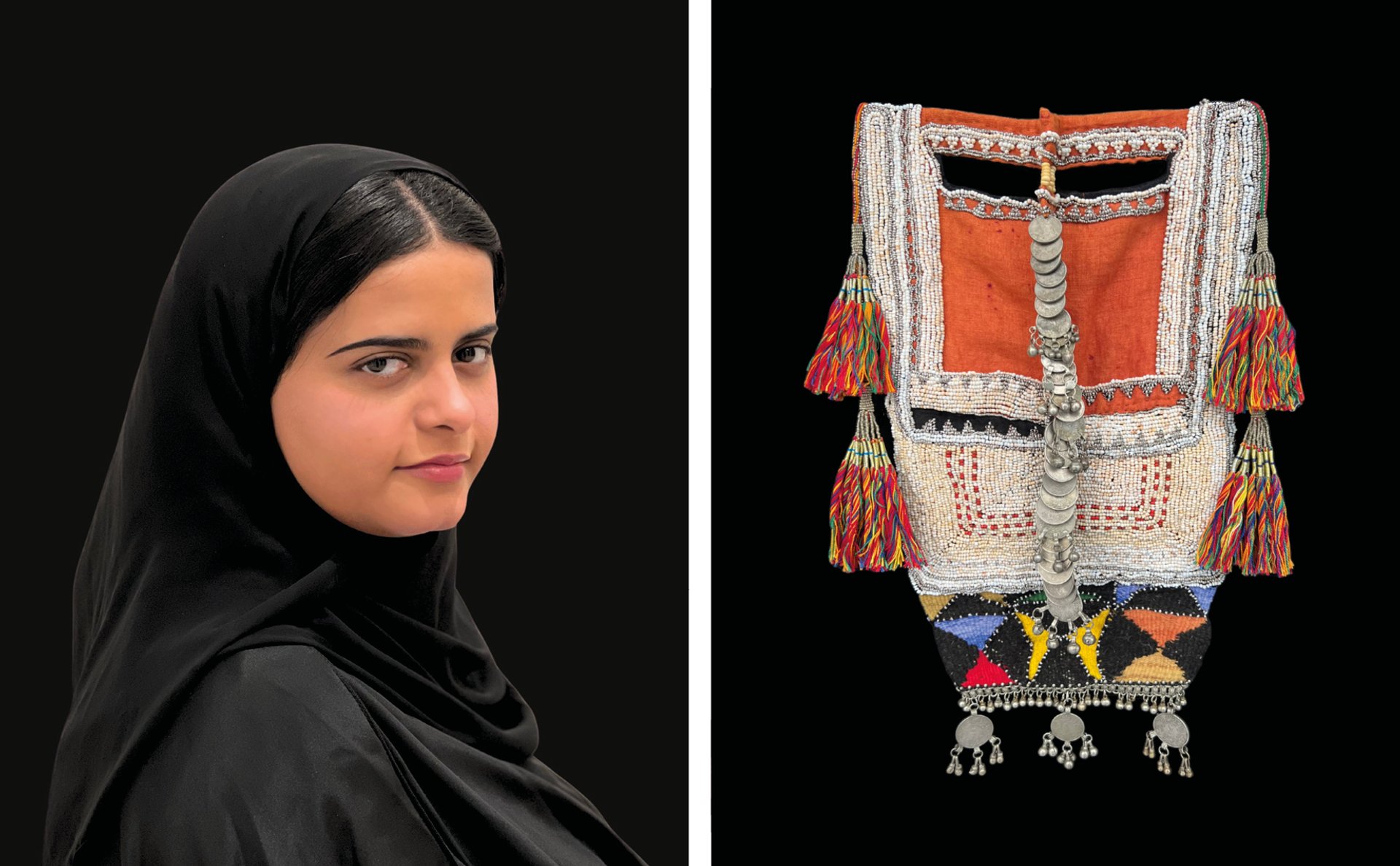
Ranad Alsaif took part in the accelerator to develop her recently launched business that specialises in natural dyeing and sells products made from the fabrics Images: Courtesy CDF
The first round of artisans have now taken part in the Nama’ Accelerators programme. Ranad Alsaif, one of the participants, took part to develop her recently launched business that specialises in natural dyeing and sells products made from the fabrics. “The project aims to preserve heritage and pass it on to new generations in a modern way by producing clothing and practical pieces with contemporary designs, reflecting the culture and spirit of heritage with a modern essence,” Alsaif says.
The accelerator has supported Alsaif in her expansion plans. Through courses in finance and advice from mentors, she is currently preparing to launch the first specialised studio for natural dyeing in Saudi Arabia. The Ranad Alsaif Studio, with support from the CDF, will act as a centre for developing sustainable fashion and providing educational content—including practical kits and tools—to contribute to training communities and raising awareness.
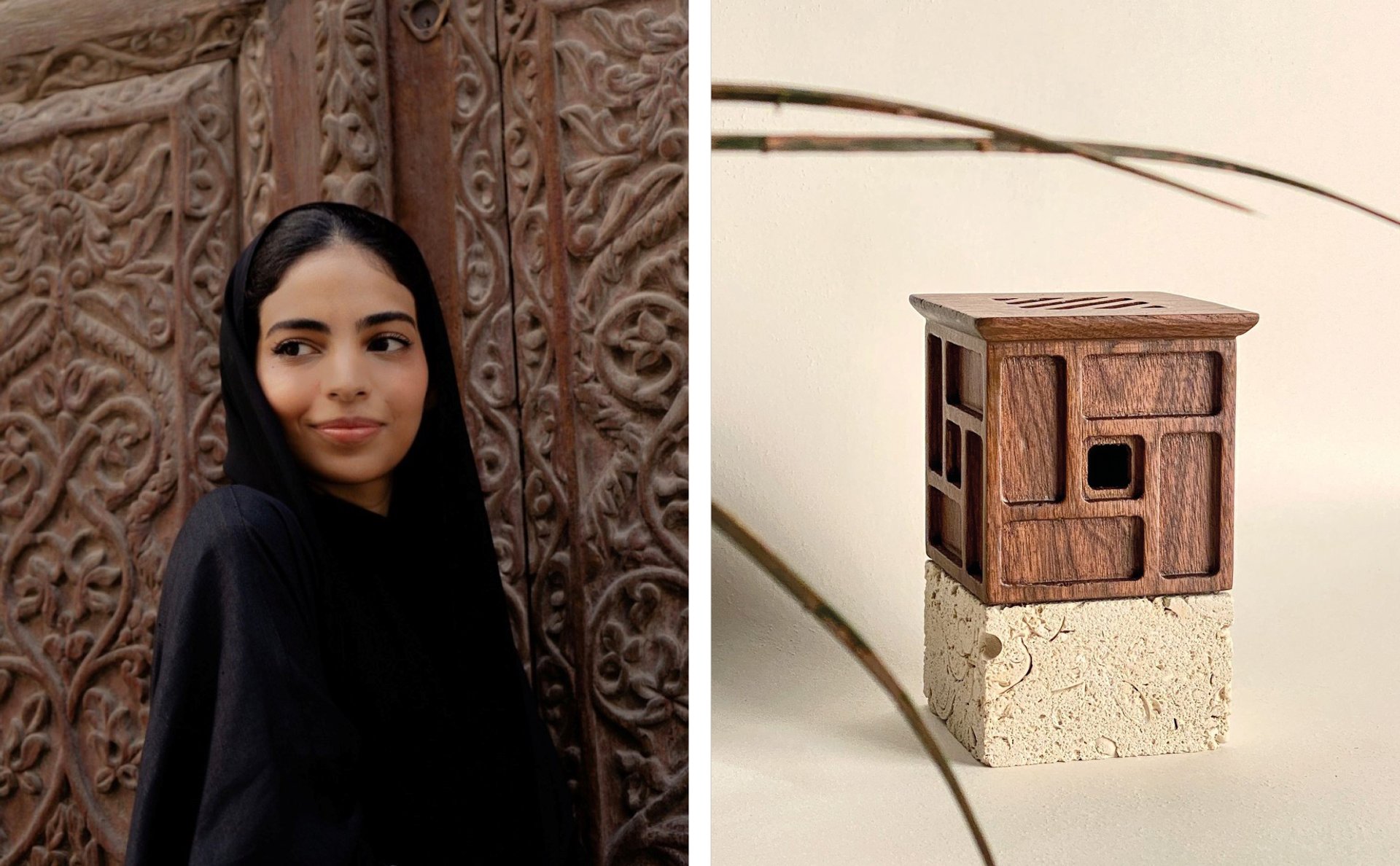
The product and interior designer Raghad Balkhair took part in the Nama’ Accelerators programme to sharpen her business and financial acumen. Image: Courtesy CDF
The product and interior designer Raghad Balkhair took part in the Nama’ Accelerators to sharpen her business and financial acumen. While her academic training developed her practice, which uses locally sourced materials to create products inspired by Saudi heritage, the accelerator has supported her in learning more about accounting, project management, marketing and administration.
The benefits for Abdulrahman Al-aboudy are similar. He started doing woodwork as a hobby, driven by his love for manual work and his interest in the artistic heritage of the central Najd region. He started a carpentry and design studio, Al-Manjar and the accelerator is helping him to develop the business side. “One of the greatest challenges is finding a business model that suits the artisan’s nature while ensuring sustainable income and institutional growth—without losing the authenticity and personal identity of the craft,” he says. “Through the various workshops and sessions, we gain structured knowledge and practical skills that are hard to find elsewhere.”
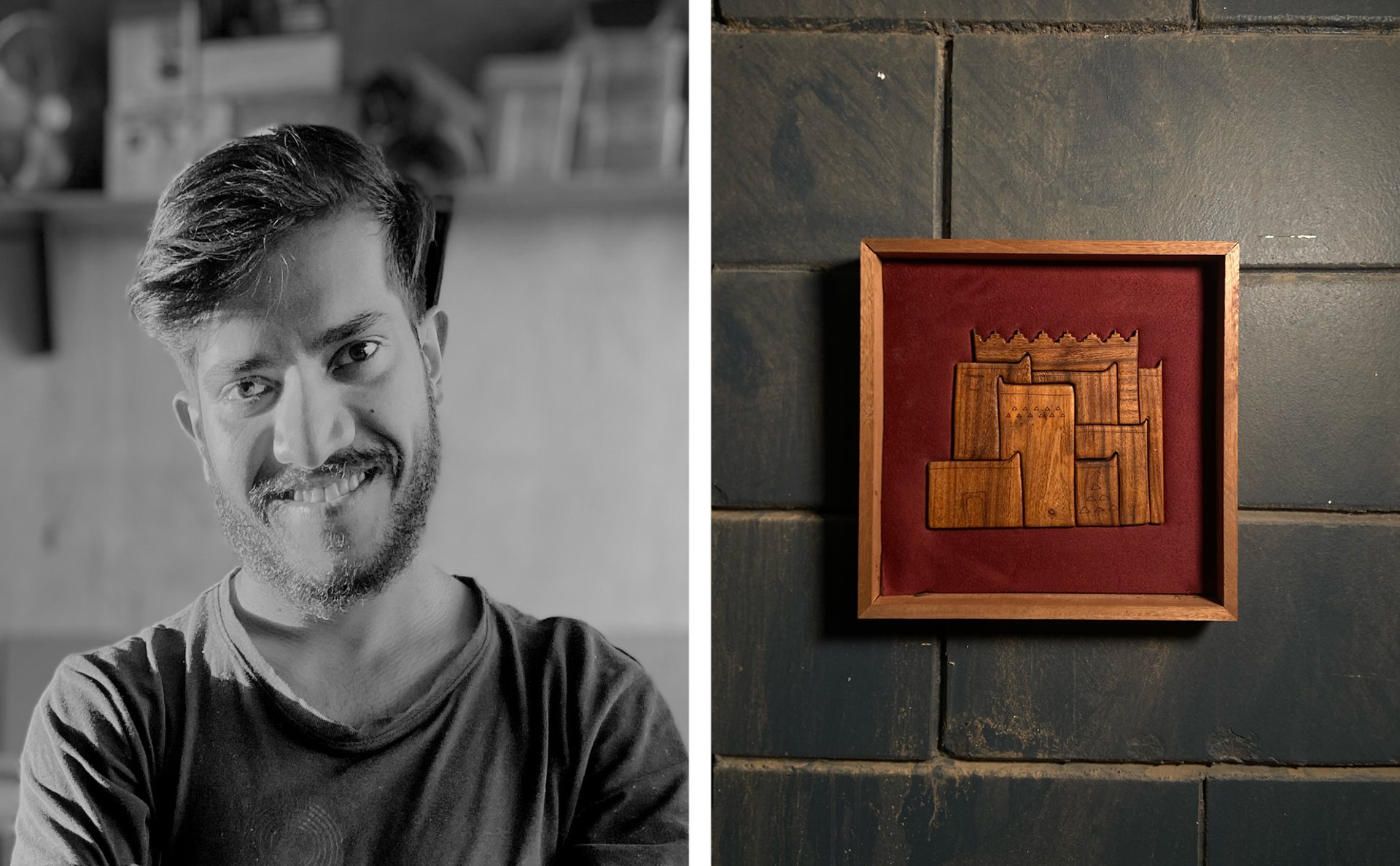
Abdulrahman Al-aboudy runs a carpentry and design studio, Al-Manjar, specialising in the creation and development of handcrafted artistic wooden products Photos: Courtesy CDF
Another benefactor of the accelerator is Teen & Nar (Clay & Fire) Project, a Saudi brand established in 2019 that specialises in pottery and handicraft products. The founders Bandar Ibrahim Al-Mubarraz and Asma Mohammad Al-Shammeri wanted to launch new product lines and expand into local and global markets but had struggled with a need for more specialised skilled labour, limited availability of local raw materials, and competition from low quality imported products.
Through the Nama’ Accelerators the duo built an integrated business model for the project that involved establishing a factory and creating a training studio for artisans. “Handicrafts are not just products, but cultural messages reflecting the nation’s history and identity,” say Al-Mubarraz and Al-Shammeri. “The accelerators and support programmes have provided us with the tools we need to turn our passion into a successful business, making our products a source of national pride.”
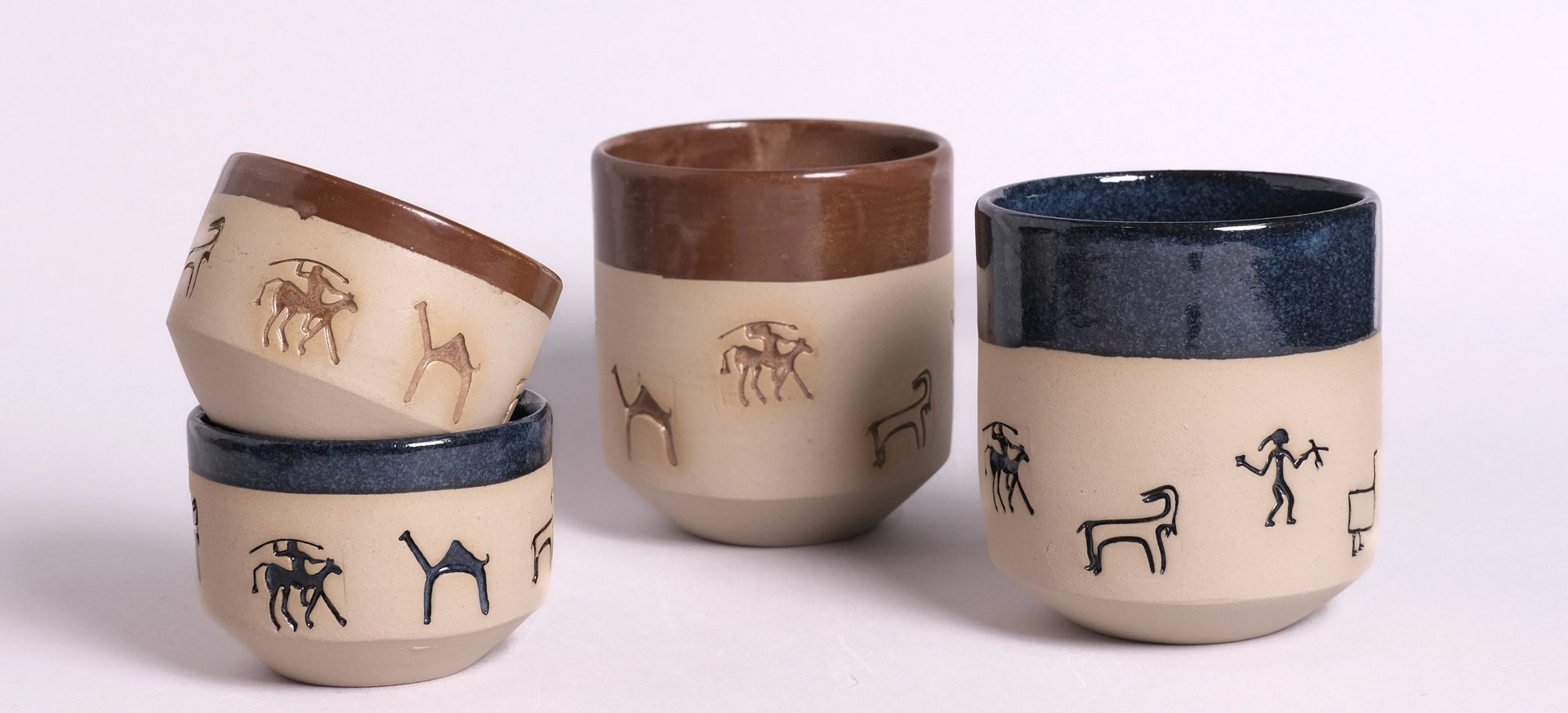
Teen & Nar (Clay & Fire) was established in 2019 and specialises in pottery and handicraft products. Image: Courtesy CDF
“Through the Nama’ Accelerator, we are witnessing a new appreciation for traditional and sustainable crafts, not as relics of the past, but as viable drivers of economic growth and creative entrepreneurship,” says the CEO of CDF, Majed AbdulMohsen Al Hugail. “By providing tailored financing solutions, capacity-building and mentorship, we have helped transform individual talent into thriving cultural enterprises. This is the essence of our mission at CDF, empowering cultural practitioners to turn heritage into innovation, opportunity and long-term economic value for the Kingdom.”


